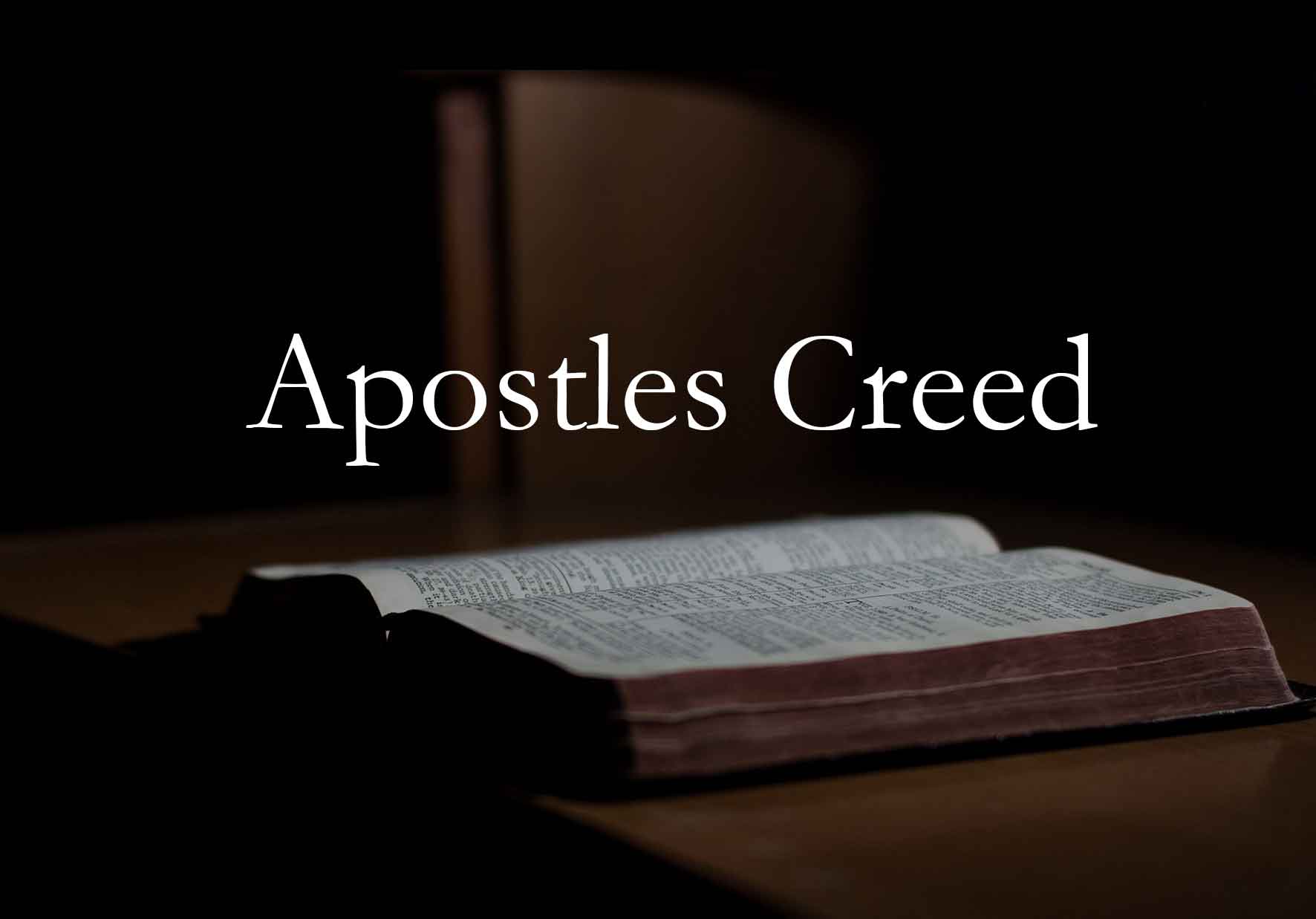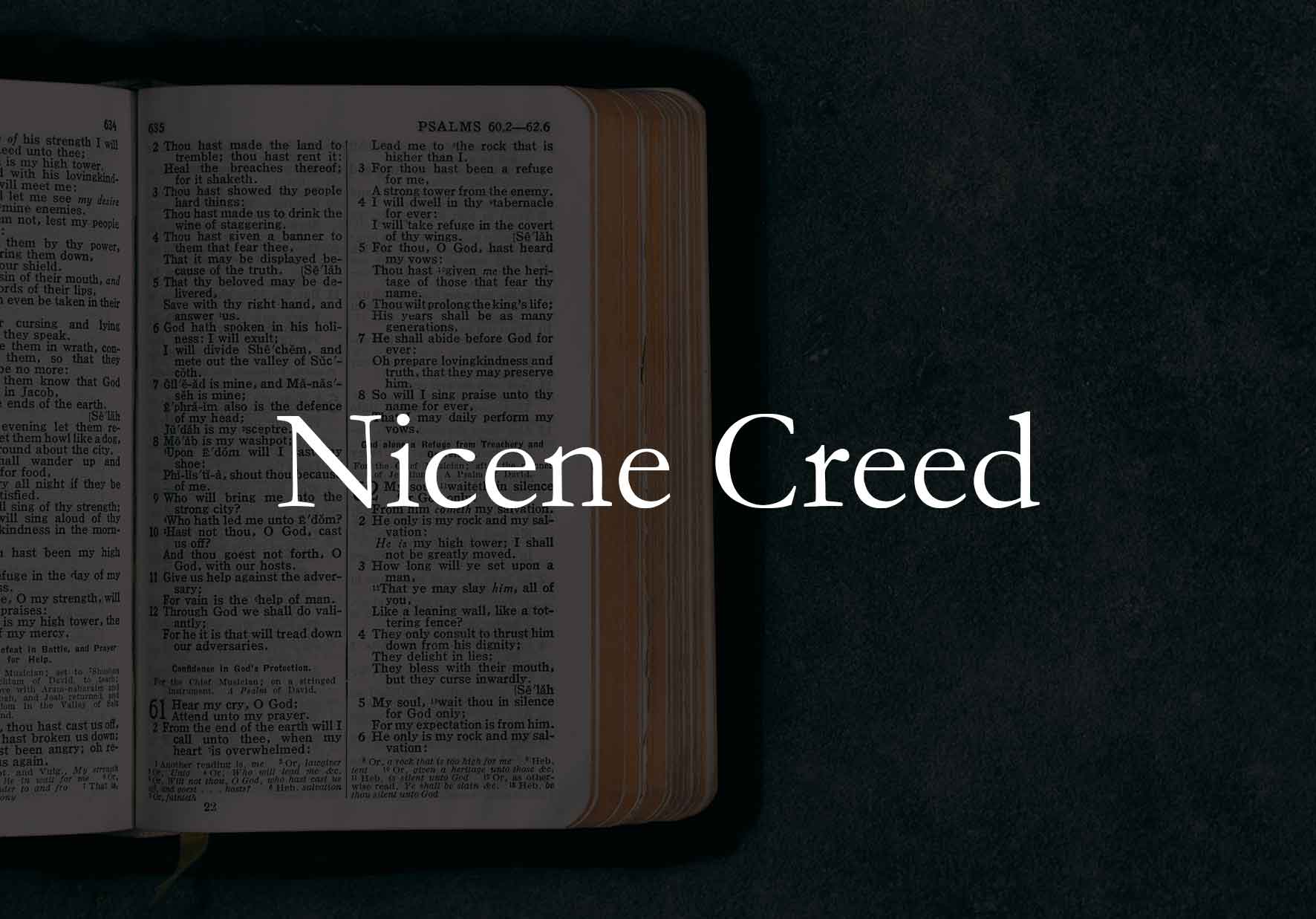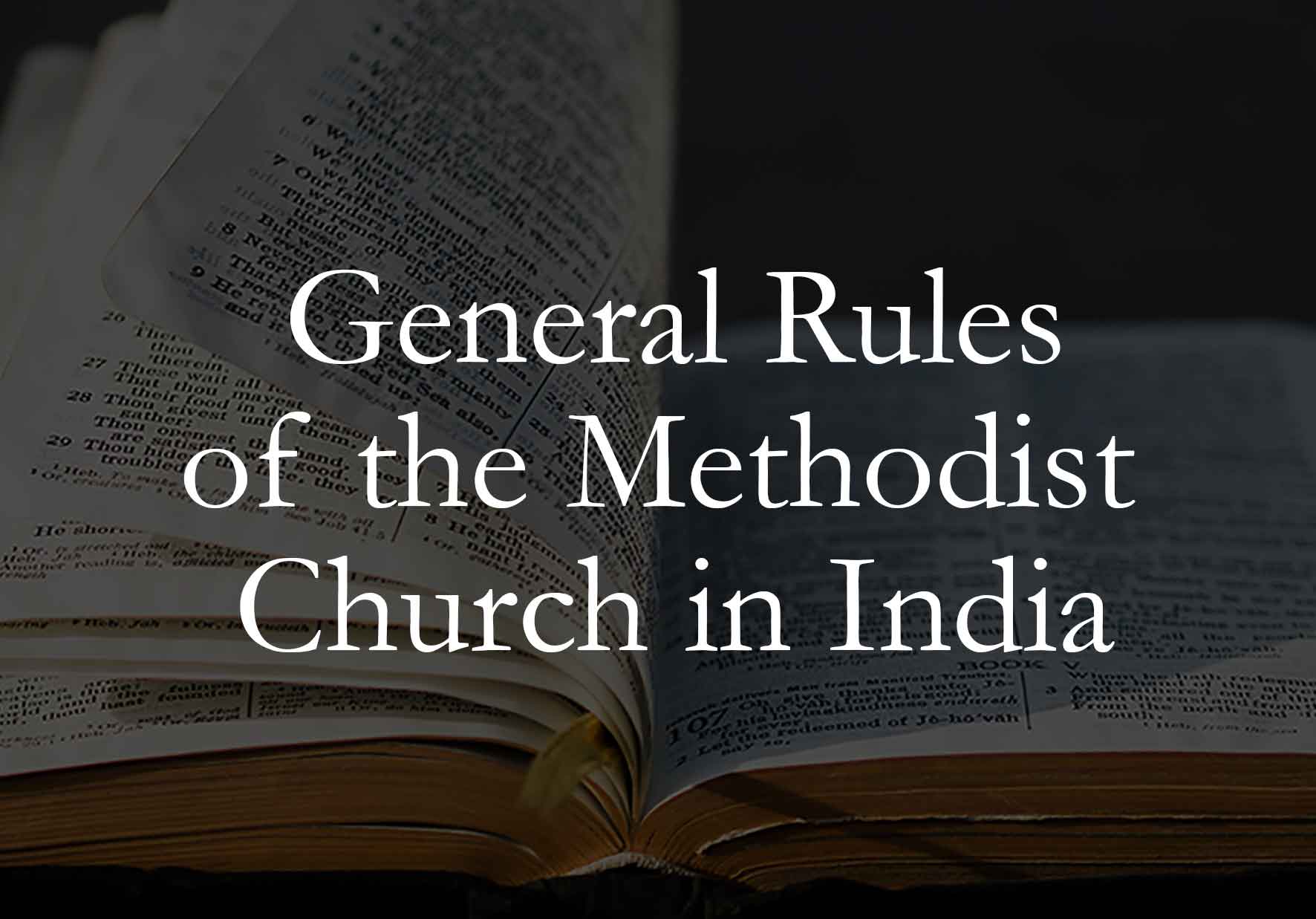What the Methodist Church in India Believes
God is one in the unity of this Godhead, there are the Father, the Son and the Holy Spirit- three persons of one substance.
The Son who has the same divine nature as the Father born of the Virgin truly Mary. In Him, the Godhead and the manhood are joined together in one person. He truly suffered, was crucified, dead and buried to reconcile God to man and to be a Sacrifice for sin manifested in our nature and in our action.
Christ rose again from the dead and in His resurrected glorious body. He ascended into heaven and sits at the right hand of God the Father. From there he will return to judge all human beings on Judgment Day.
The Holy Spirit is God equal to the Father and the Son.
All that is necessary for our salvation is contained in the Holy Scripture. All the books of The Old Testament are the inspired Word of God and we believe in their authority.
The Old Testament is equally accepted as Scripture and is the Word of God necessary for our Salvation through Christ.
Every human being has inherited from Adam a sinful nature and our nature is continually inclined to evil.
Because of the sinful nature inherited by Adam, we cannot turn to God and please Him by our own strength and good work. But the Grace of God through Christ works in our lives and enables us to choose God.
We are justified by faith and counted righteous before God only through the blood of our Savior and Lord Jesus Christ and not by our own works of worth.
The good works are the fruits of Faith and follow after purification. They are evidences of a lively faith.
WORKS OF SUPEREROGATION
A person may willfully commit sin after he is saved. But he will be forgiven and restored by God if he repents of his sin.
The visible Church is a congregation of faithful men and women in which the pure Word of God is preached and the sacraments duly administered according to Christ’s ordinance.
The Word of God does not support the doctrine of purgatory worship or adoration of images and relics and praying to saints.
It is contrary to the Word of God and the practice of primitive Church to have public prayer in the church or to administer sacraments in tongues not understood by the people.
Sacraments are the marks of our Christian profession and also signs of God’s grace. The two sacraments ordained by our Lord in the Gospel are Baptism and the Lord’s Supper.
Baptism is a sign of new birth and also a mark of difference distinguishing Christians from others. Christian are baptized as a sign of recovering them into the Covenant Community of God’s people.
The Lord’s Supper is the Sacrament of our redemption by Christ’s death. By participating in this by faith, we affirm and appropriate the benefits that come through the broken Body of Christ and His shed Blood. We do not believe that the bread and the wine are actually changed to Christ’s Body and the Blood in the Lord’s Supper and that the cup of the Lord should be denied to the Lay people. Both the bread and the wine are to be administered to all Christians alike.
In the Lord’s Supper, we remember with thanks giving the offering that Christ made once for all for the propitiation and satisfaction for the sins of the whole world. The offering of Christ is not be repeated again and again.
Sanctification is a process where the believer grows in holiness and in the love of Christ by the indwelling of the Holy Spirit thus setting him free the guilt of sin, the pollution of sin and the power of sin enabling him to love God with all his heart and to walk in His Holy Commandments.



